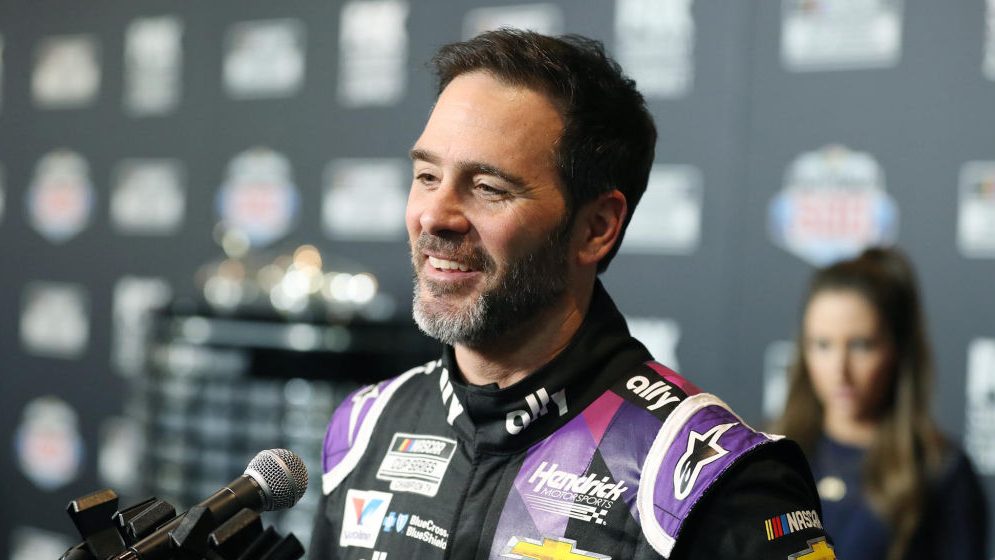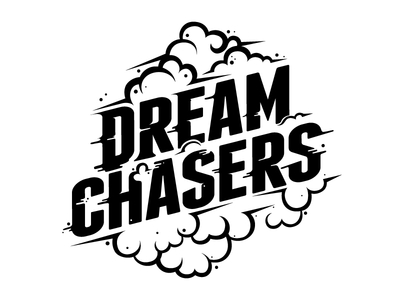By: Zach Draves
“It’s Nuts. It’s Nuts.”
Those are the words from Chase Elliott in reaction to him becoming the youngest driver to win the NASCAR cup champion at 24.
Phoenix International Raceway was the sight of the culmination of a NASCAR season that was different than most for obvious reasons.
It also saw the end of an era and the beginning of a new.
It marked the final race of 7-time champion Jimmie Johnson, who next year will be making a transition into open-wheel racing for the IndyCar series.
Even though he didn’t win the race, he still went out on top with his gracious, genuine, and gentlemen like personality that has made him a transformative and hailed presence in the sport since the early 2000s.
It is safe to say that Jimmie passed the torch to Chase.
Both are part of the legendary Hendrick Motorsports, founded by Rick Hendrick, who has produced a dynasty going back to the early 1990s.
It was he who signed Jeff Gordon, who took the sport into an entirely different direction and attracted a wider audience beyond the campgrounds and backroads of the South.
In 1995, Jeff, then 25, was the youngest champion before Chase.
He would go on to win three more titles in 1997, 1998, and 2001.
Jimmie made his Cup series debut in 2002 and would go on to win the same number of titles as icons Richard Petty and Dale Earnhardt.
2006, 2007, 2008, 2009, 2010, 2013, and 2016.
Chase, the son of legendary driver and 1988 champion Bill Elliott, is the best hands imaginable.
Hendrick Motorsports is to NASCAR what the New York Yankees are to baseball.
They have the money, the resources, and the overall infrastructure to produce some of the best talents ever.
So expect greatness to come from Chase in the years ahead.
The same could be said for NASCAR as a whole.
In a pre-race conference, President Steve Phelps spoke about the direction of where the sports post-COVID.
He yearned for a fan presence in the stands come February for the Daytona 500, but with COVID rates spiking across the country, that can hamper those efforts.
Mr. Phelps also talked about the ongoing work the sport is doing on diversity and inclusion in front.
NASCAR’s troubled history with normalizing racism by the presence of confederate flags in the in-field along with the behaviors of some fans came to light this past summer.
In the aftermath of the murders of George Floyd, Breonna Taylor, Tony McDade, Ahmaud Arbery, Rashard Brooks and others, NASCAR drivers took to social media to express their support for the Black Lives Matter movement.
The most notable was Bubba Wallace, the sports only black driver.
Mr. Phelps said that NASCAR has built partnerships with RISE and the Institute for Sport and Social Justice based out of the University of Central Florida and founded by famed sports activist and scholar Dr. Richard Lapchick.
He also said that they are looking internally and have put together an ally commission and a diversity council to ensure diversity in hiring and vendors.
Externally, they are mandating sensitivity training and unconscious bias training before the Daytona 500.
The future is up in the air across the board.
But expect to see a whole new NASCAR.
One that is led by a new generation with more idealism both on and off the track.


 NFL
NFL





